Field Stories
Ten must see global nutrition stories from 2023
December 18, 2023
2022: celebrating milestones, innovations and making a difference globally
Discover some of Nutrition International’s highlights and success stories of 2022 as we work toward our goal of transforming the lives of one billion people with improved nutrition by 2030.
Posted on December 30, 2022
2022 saw the global community join forces as the world faced challenges on several fronts. Three years of the COVID-19 pandemic, combined with conflict, climate change, supply chain disruptions and more have jeopardized food and nutrition security for millions of people living in already vulnerable circumstances. As Nutrition International celebrated 30 years of working hand in hand with governments and partners around the world, we pivoted and adapted to these global threats to continue providing quality technical assistance and nutrition interventions to those who need it.
Read on as we share 10 of our highlights of 2022 and take a look at our 2021-2022 Annual Report to learn more about our global impact in nutrition.
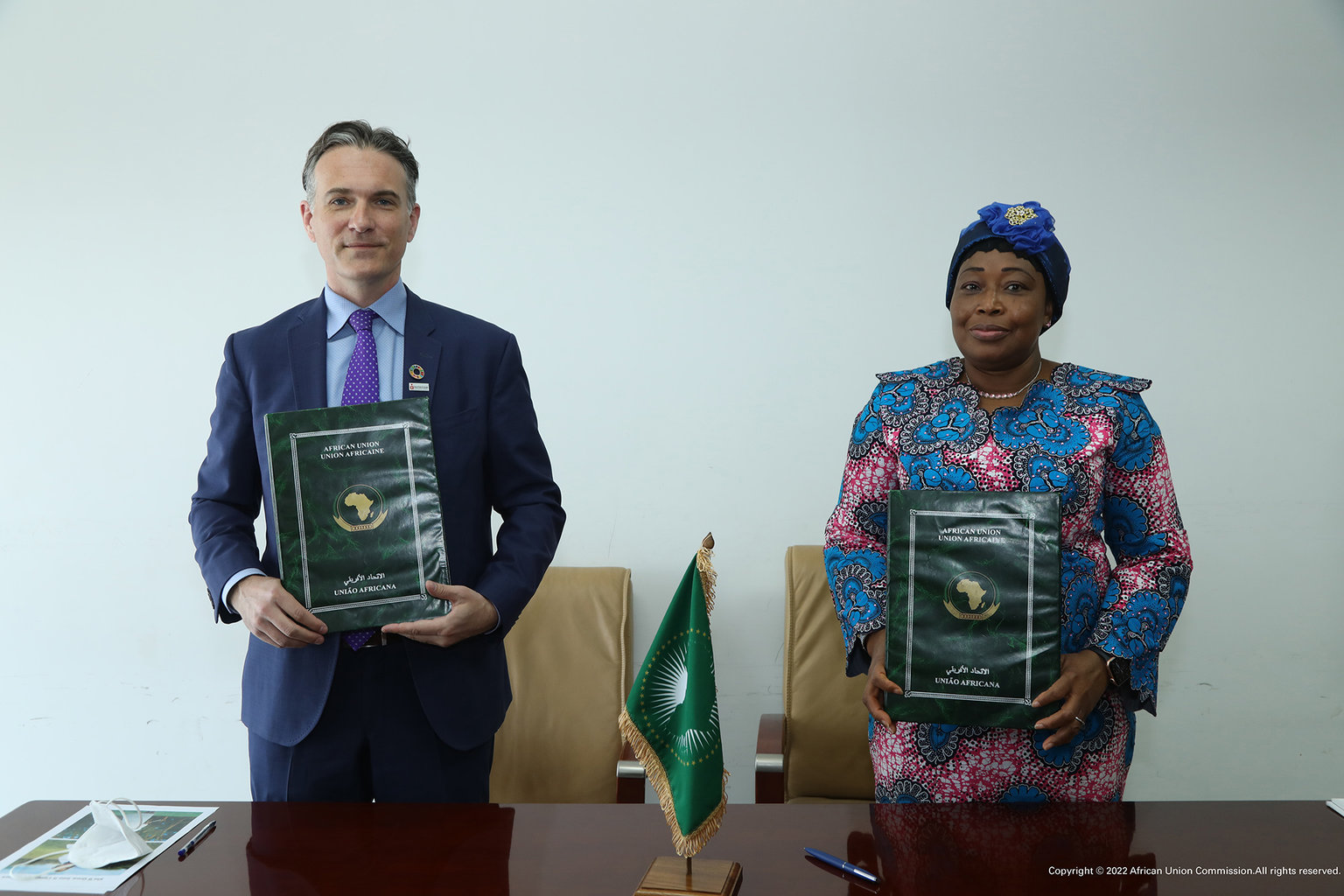
In April 2022, Nutrition International and the African Union signed a memorandum of understanding (MoU) to further strengthen collaborative efforts toward a shared goal to end hunger, poverty and malnutrition across the continent. The partnership could not have been timelier given the African Union endorsed 2022 as the ‘Year of Nutrition’ and reaffirmed their commitment to achieve global nutrition targets. Through the MoU, Nutrition International is working with the AU to strengthen the capacity of the African Union Commission, advocate for the prioritization of nutrition, and increase investments in evidence-based programming in the areas of adolescent nutrition, anaemia prevention and the integration of social safety net programs.
Read the story: African Union and Nutrition International join efforts to end malnutrition in Africa
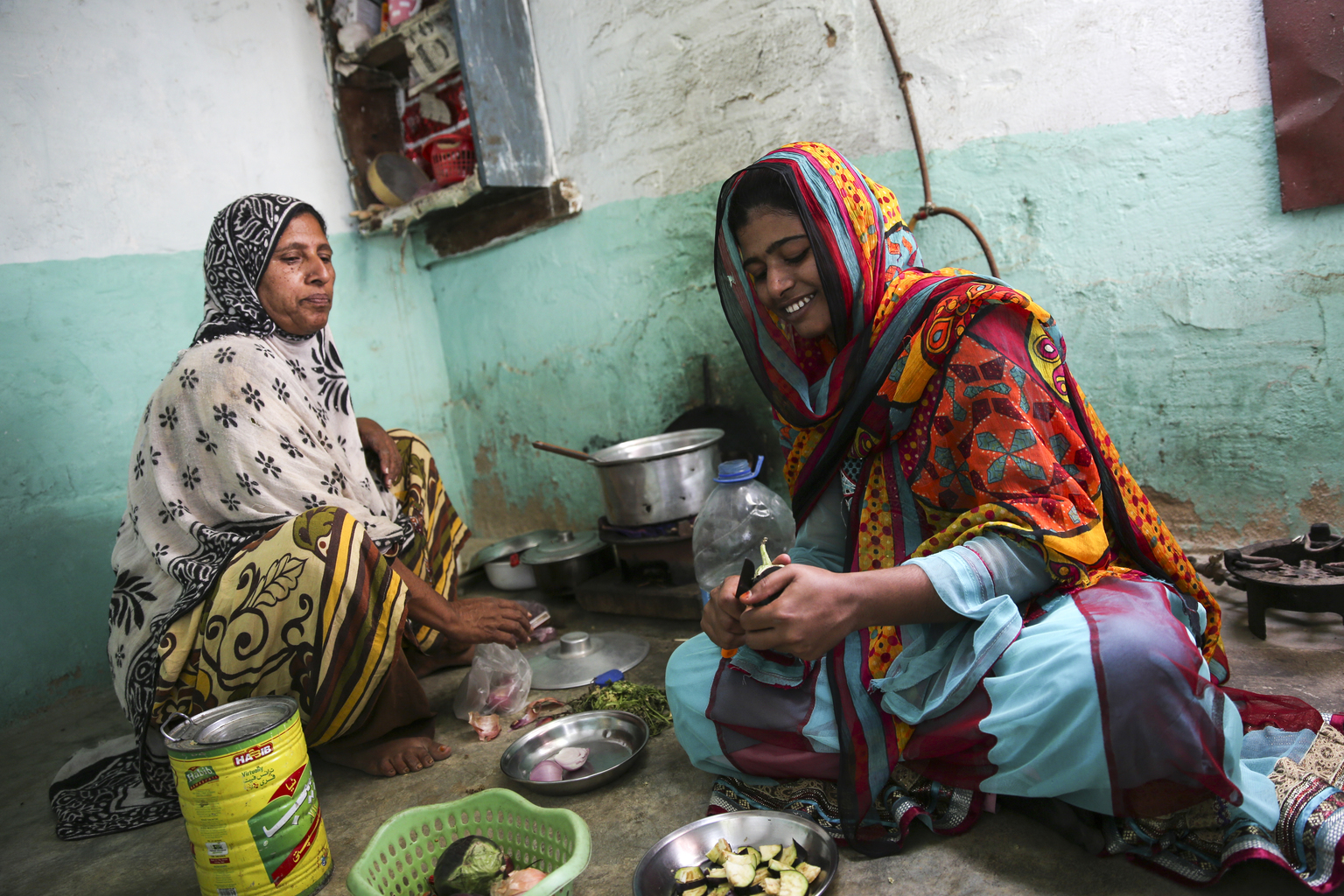
In Pakistan, Nutrition International’s deep-rooted partnerships were critical to advancing new legislation to ensure the mandatory fortification of wheat and edible oil with micronutrients to improve the nutritional status of the general population. Dr. Shabina Raza, Nutrition International’s Country Director for Pakistan, wrote about how two decades of tireless advocacy and strategic partnerships have culminated several of the country’s provinces passing milestone food fortification laws and examines Nutrition International’s role in the journey.
Read the blog: A twenty-year journey: The road to mandatory food fortification legislation in Pakistan
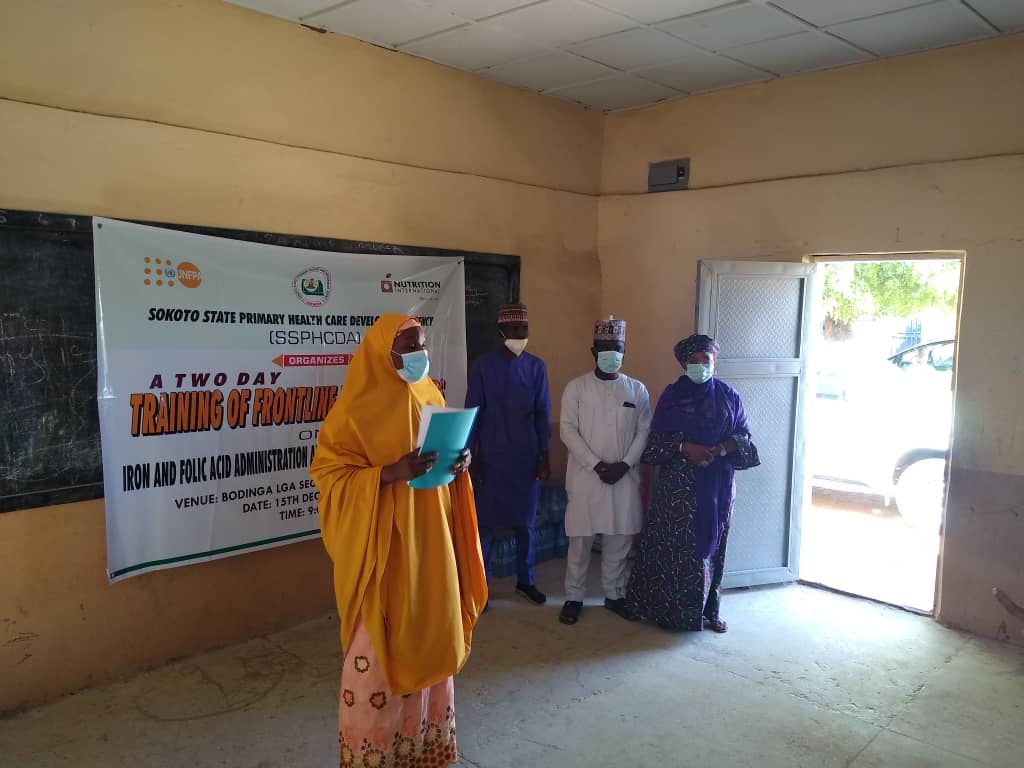
Gender barriers impact a woman’s ability to access essential health and nutrition services. In Sokoto, Nigeria, we introduced a new gender equality training module as part of our maternal health workshop in collaboration with the United National Population Fund (UNFPA). Geared towards frontline health workers with experience in nutrition, community medicine, midwifery and maternal and child health, the training offers the opportunity to engage this audience on the barriers that prevent women from accessing healthcare and adversely impact maternal health.
Read the story: Maternal nutrition workshop introduces gender equality module
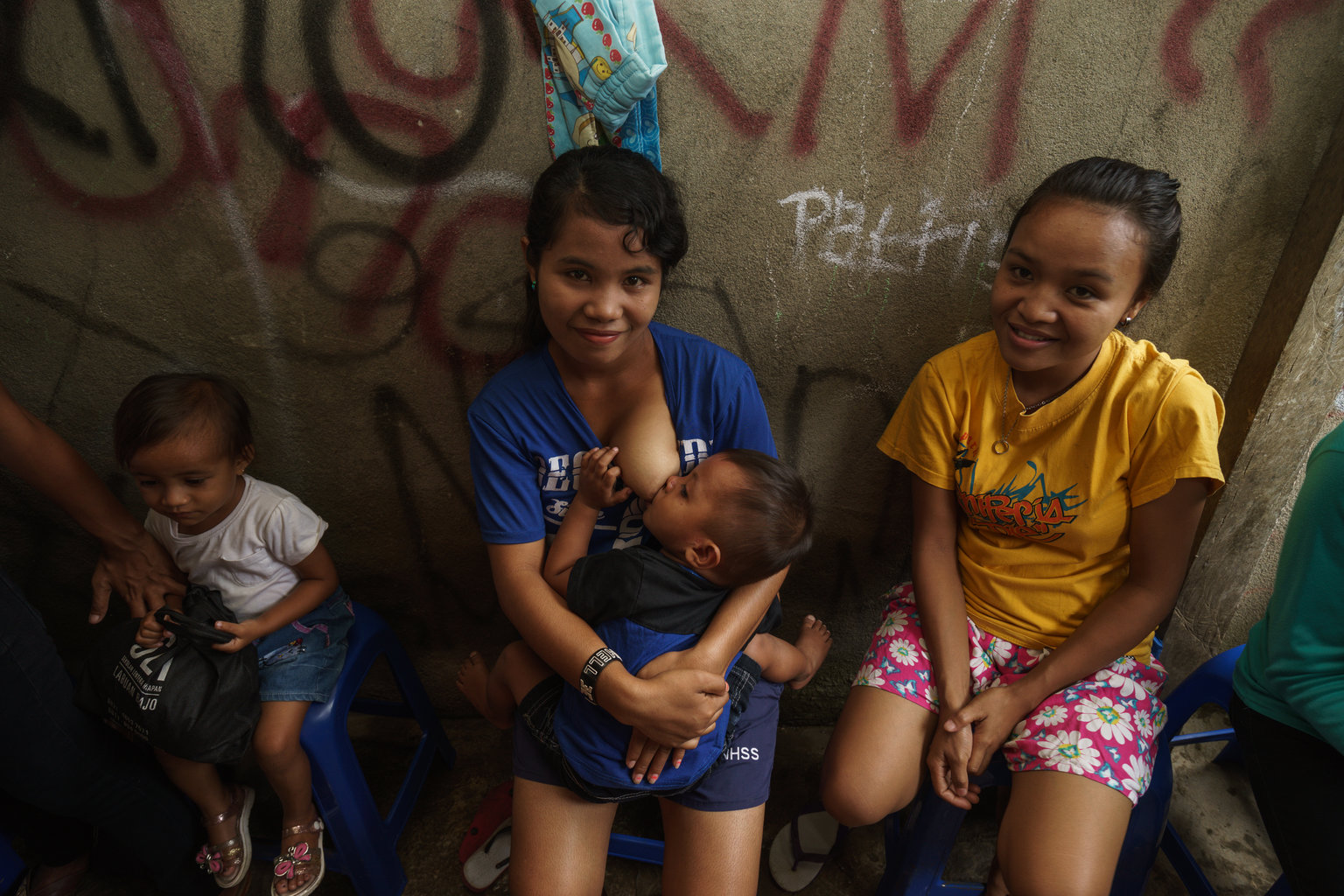
Did you know that every year the insufficient government protection, promotion and support for breastfeeding costs the global economy a staggering US $570 billion and over 500,000 lives? Breastfeeding is vital to a child’s lifelong health, it provides protection against common childhood illnesses, improves cognitive development and is associated with a reduced prevalence of overweight and diabetes later in life. In August 2022, Nutrition International, in partnership with Alive & Thrive and Limestone Analytics, launched a revamped version of the Cost of Not Breastfeeding Tool, originally developed between 2017 and 2019. With several new features – including data for more than 170 countries – the online, user-friendly tool allows governments, advocates and policymakers to estimate the potential health, human and economic impacts of not breastfeeding.
Explore the tool: Cost of Not Breastfeeding Tool 2.0
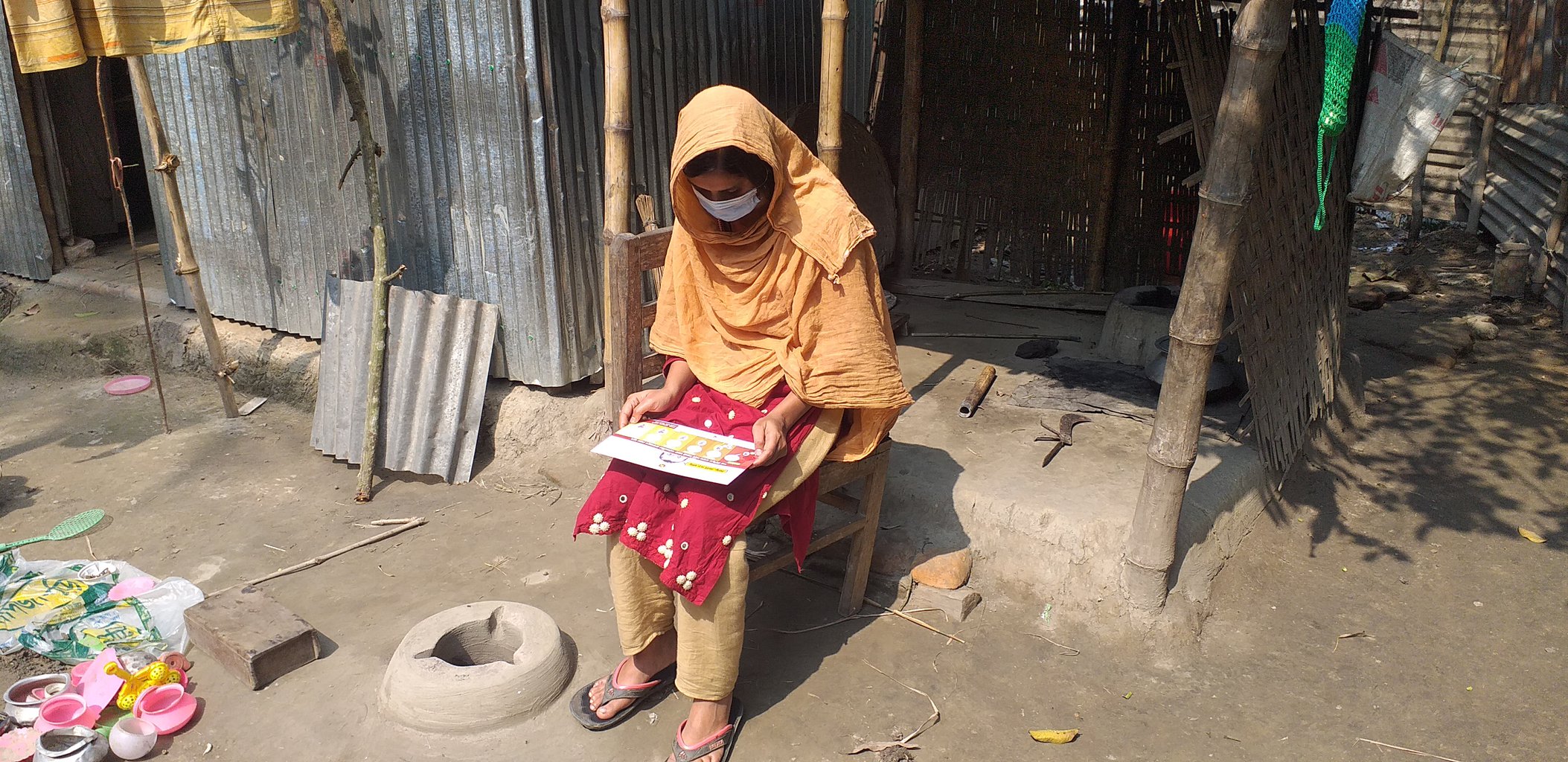
Access to quality maternal health services is a foundational necessity for both pregnant women and their offspring. In Bangladesh, we provided technical and operational assistance to the Institute of Public Health Nutrition to develop nutrition action plans, train community health centres and frontline workers, support supply chain management of essential nutrition commodities and more to help support a positive pregnancy for women and the families. Learn how access to quality maternal health and nutrition services helped transform twenty-five-year-old Moushumi Akter’s pregnancy journey during the COVID-19 pandemic.
Read the story: Access to quality maternal health and nutrition services is not a privilege – it’s a necessity
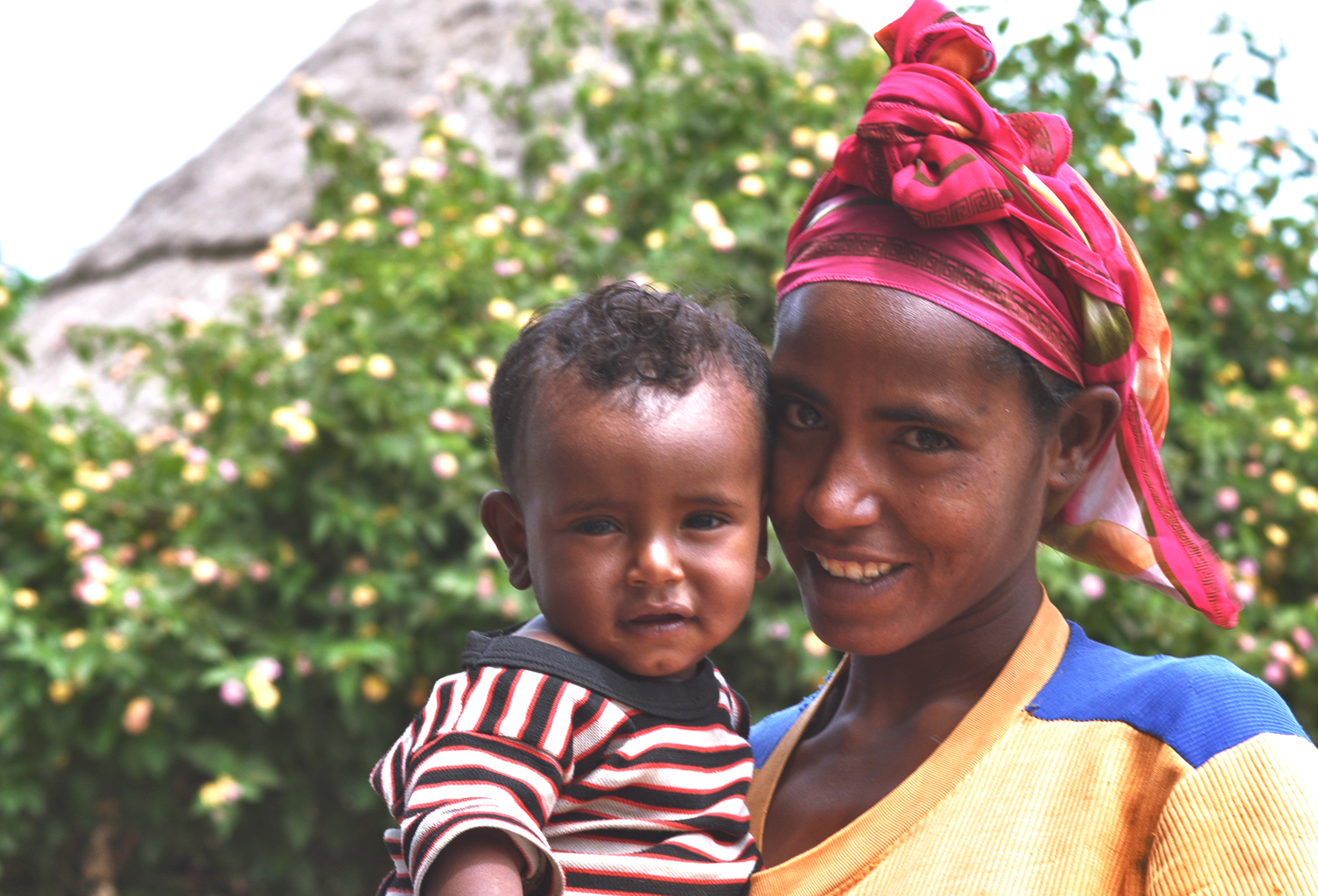
Nutrition International and partners have launched a new three-year project designed to kickstart the development and introduction of double-fortified salt products with folic acid and iodine in Ethiopia. Double-fortified salt with iodine and folic acid was developed in a laboratory setting at the University of Toronto with Nutrition International’s support more than two decades ago. Supported by a grant from the Bill & Melinda Gates Foundation, this project is a global first that aims to reduce the risk of neural tube defects (NTDs) and iodine deficiency disorders in the country, where the prevalence of NTDs is more than eight times higher than other African nations.
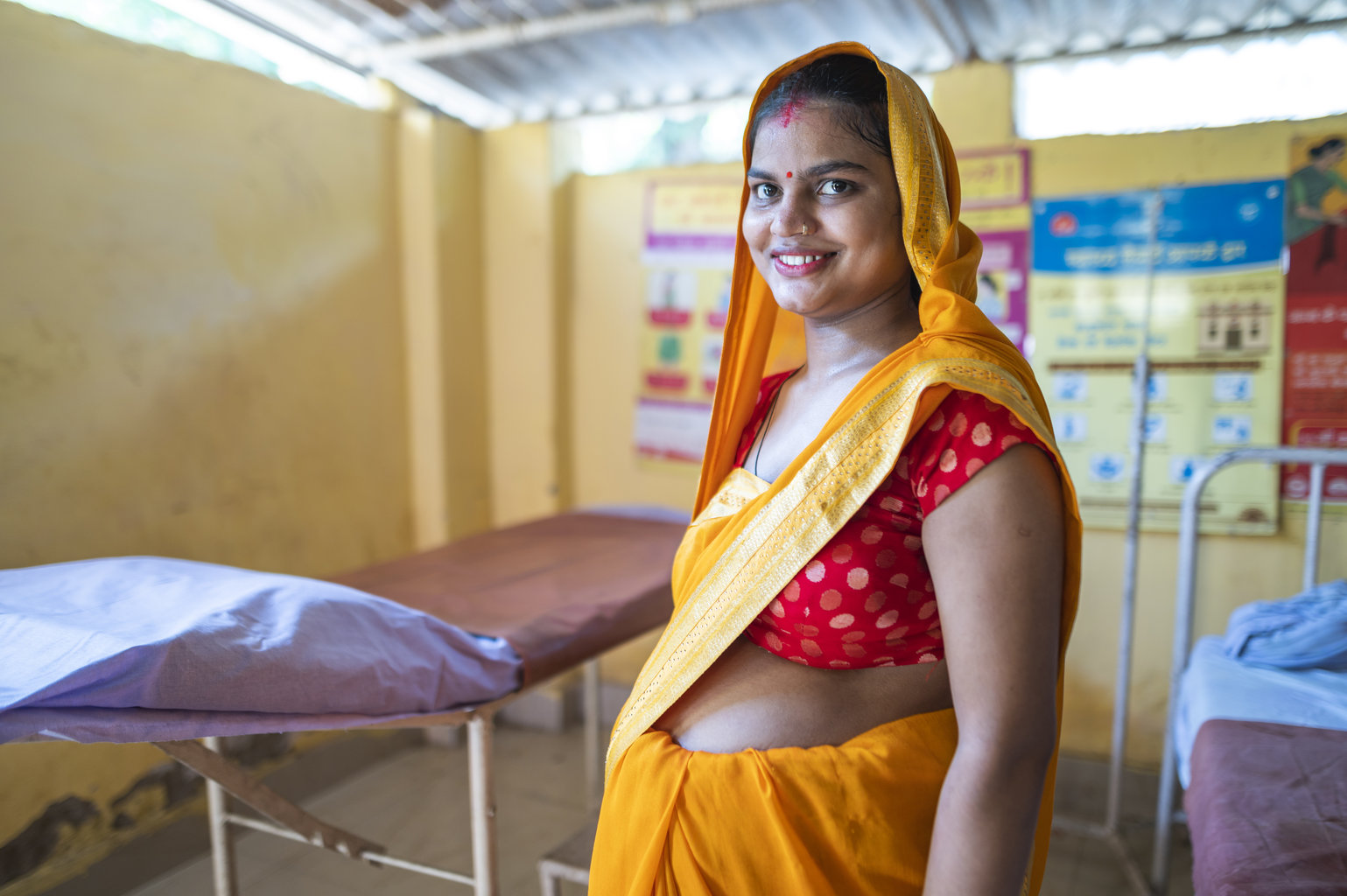
Nutrition related conditions during pregnancy may impact an individual’s epigenetic development and subsequently their risk of developing noncommunicable diseases (NCD) later in life. Therefore, improving nutrition for pregnant females may serve the dual purpose of improving pregnancy outcomes in the next generation. To test this hypothesis, Nutrition International and researchers at Harvard T.H. Chan School of Public Health collaborated on a first-of-a-kind paper that estimates the impact of prenatal supplementation with iron and folic acid, multiple micronutrients and calcium at various levels of coverage on future NCDs by age and sex across 132 low- and middle-income countries.
Read the research paper: Scaling up prenatal nutrition could reduce the global burden of noncommunicable diseases in the next generation: a modeling analysis
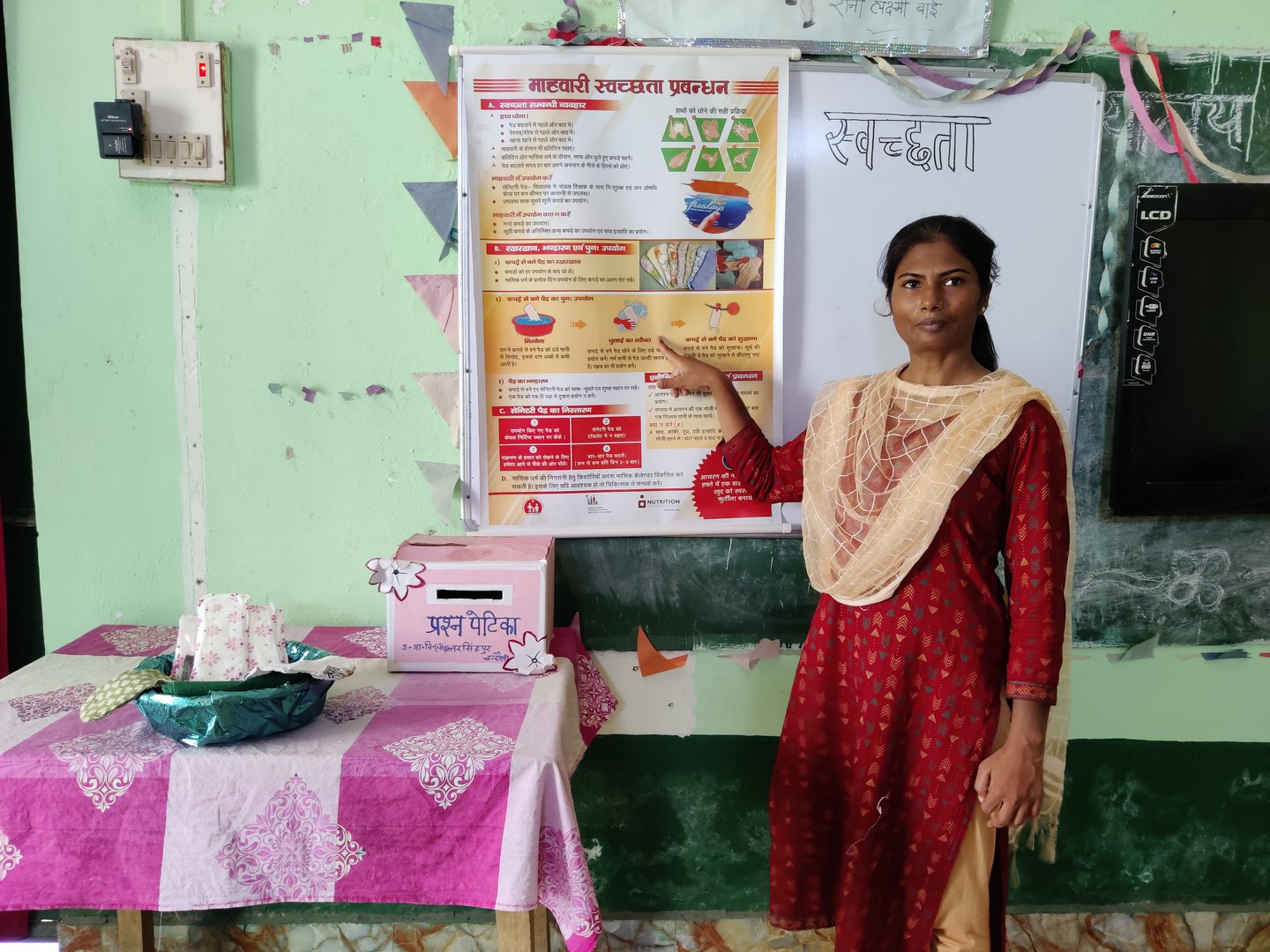
Although menstrual hygiene products are readily available in Uttar Pradesh, India, only 72.6% of adolescent girls and women use hygienic methods of protection during their periods. As part of a new pilot initiative Nutrition International is providing teachers in Chandauli with training on menstrual health and hygiene. Armed with this knowledge, these teachers are normalizing previously taboo discussions in the classroom and supporting adolescent girls to feel empowered to take charge of their menstrual health so that they can stay focused on their studies.
Read the story: From period stigma to peer support
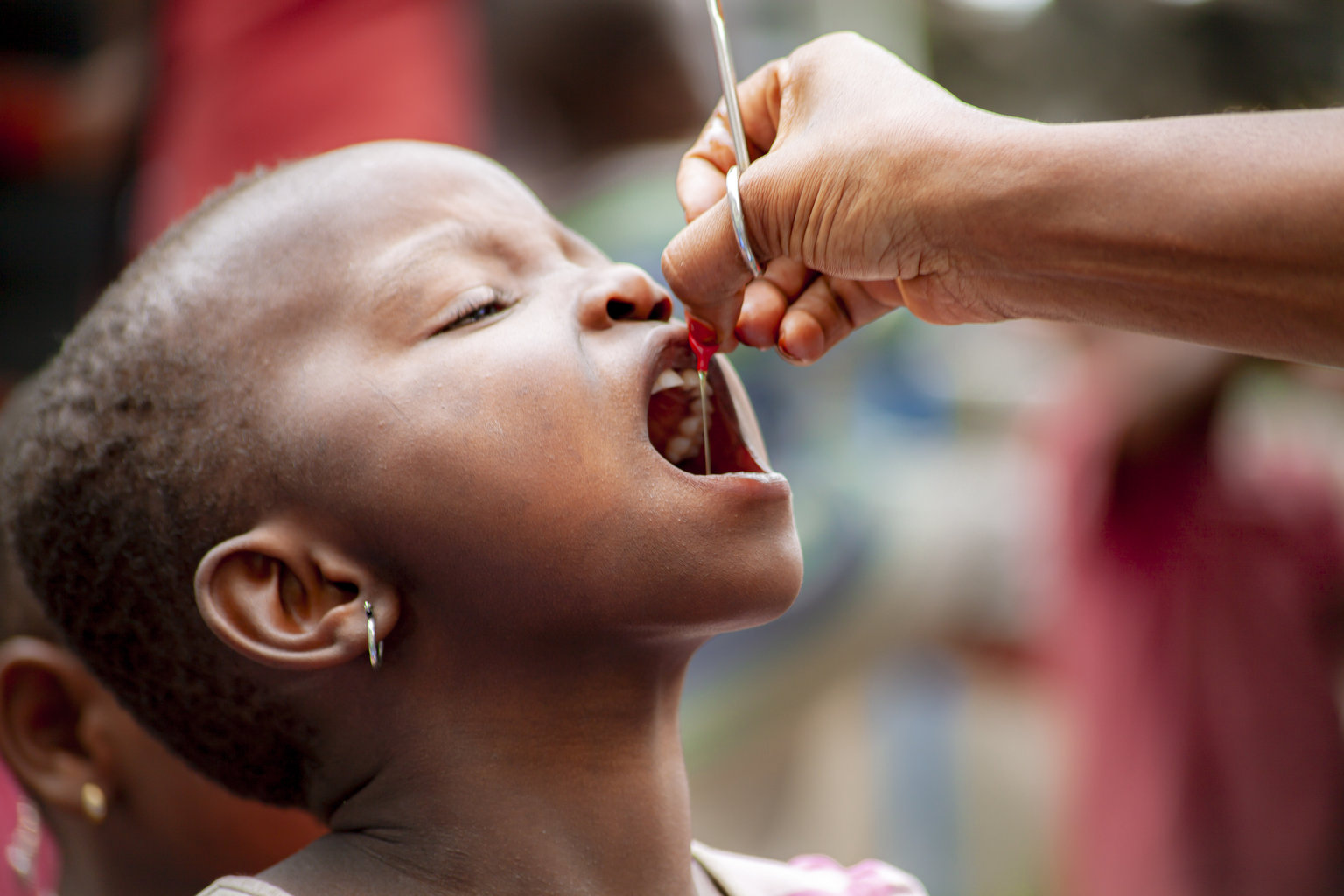
Vitamin A supplementation (VAS) is a low-cost, high-impact intervention that protects children under five from preventable diseases and death. Nutrition International’s VAS program has evolved with the digital world and is employing technologies, such as WhatsApp in Sierra Leone, to navigate COVID-19 related challenges and facilitate improved communication, information-sharing, job aids, trainings and data collection. From assisting with vitamin A capsule shortages, to the improper use of personal protective equipment, we’re sharing three examples of how our digital shift is improving VAS delivery from pre-campaign, during dose distribution and after coverage.
Read the story: Making the digital shift: How technology improves vitamin A programming
Nutrition International celebrates 30 years of impact
For three decades, Nutrition International has led the global fight against malnutrition and set out to improve the nutritional status of people globally. Our programs have expanded, but our purpose remains the same: we exist to do the greatest good for the people we serve. As we celebrate 30 years of nutrition leadership and impact, we’re taking stock of how far we’ve come, the difference we’ve made and our ongoing role in building a brighter future.
Explore 30 years of Nutrition International’s impact
2022 may be coming to an end, but there is more work to be done. And we’re not stopping. The fight against malnutrition is at a critical stage and we look forward to continuing to work together with renewed vigour to focus on impact for the people we exist to serve in 2023 and beyond.